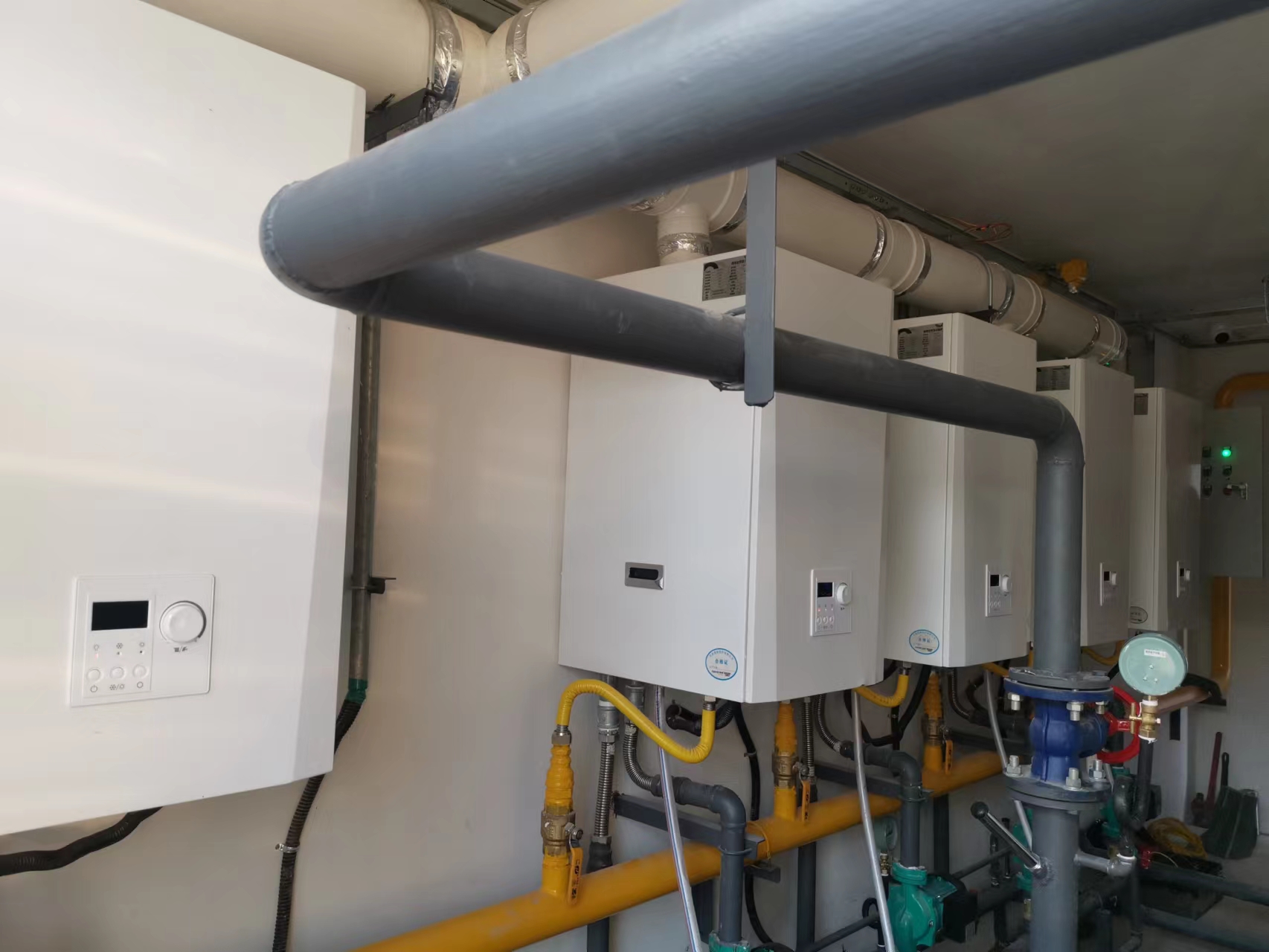- Afrikaans
- Albanian
- Amharic
- Arabic
- Armenian
- Azerbaijani
- Basque
- Belarusian
- Bengali
- Bosnian
- Bulgarian
- Catalan
- Cebuano
- China
- China (Taiwan)
- Corsican
- Croatian
- Czech
- Danish
- Dutch
- English
- Esperanto
- Estonian
- Finnish
- French
- Frisian
- Galician
- Georgian
- German
- Greek
- Gujarati
- Haitian Creole
- hausa
- hawaiian
- Hebrew
- Hindi
- Miao
- Hungarian
- Icelandic
- igbo
- Indonesian
- irish
- Italian
- Japanese
- Javanese
- Kannada
- kazakh
- Khmer
- Rwandese
- Korean
- Kurdish
- Kyrgyz
- Lao
- Latin
- Latvian
- Lithuanian
- Luxembourgish
- Macedonian
- Malgashi
- Malay
- Malayalam
- Maltese
- Maori
- Marathi
- Mongolian
- Myanmar
- Nepali
- Norwegian
- Norwegian
- Occitan
- Pashto
- Persian
- Polish
- Portuguese
- Punjabi
- Romanian
- Russian
- Samoan
- Scottish Gaelic
- Serbian
- Sesotho
- Shona
- Sindhi
- Sinhala
- Slovak
- Slovenian
- Somali
- Spanish
- Sundanese
- Swahili
- Swedish
- Tagalog
- Tajik
- Tamil
- Tatar
- Telugu
- Thai
- Turkish
- Turkmen
- Ukrainian
- Urdu
- Uighur
- Uzbek
- Vietnamese
- Welsh
- Bantu
- Yiddish
- Yoruba
- Zulu
נוב . 01, 2024 20:24 Back to list
Understanding the Benefits and Challenges of Oil and Gas Boilers for Heating Solutions
The Role of Oil and Gas Boilers in Modern Heating Systems
In the realm of heating systems, oil and gas boilers have established themselves as vital components in both residential and commercial settings. These appliances play a crucial role in generating heat, providing hot water, and enhancing overall energy efficiency, making them a popular choice for many households and industries.
Understanding Oil and Gas Boilers
Oil and gas boilers operate on distinct fuels, yet they share common functionalities in heating. Oil boilers utilize heating oil, a refined petroleum product, while gas boilers run on natural gas, a cleaner-burning fossil fuel. Both types of boilers are designed to transfer heat through water or steam, circulating it through pipes to radiators or underfloor heating systems to achieve effective temperature control.
Efficiency and Environmental Considerations
One of the primary advantages of modern oil and gas boilers is their efficiency. Advancements in technology have led to the development of condensing boilers, which recover heat from flue gases that would otherwise be wasted. This innovation enables these systems to achieve efficiencies of over 90%, making them environmentally friendly options compared to older models. Gas boilers are often seen as the more sustainable choice due to lower carbon emissions; however, oil boilers can also be optimized with biofuel alternatives to minimize their ecological impact.
oil and gas boiler

Despite their benefits, the environmental implications of fossil fuel usage must be acknowledged. As the world increasingly turns toward renewable energy sources, the demand for oil and gas boilers is subject to scrutiny. However, for many regions, especially those lacking robust electricity infrastructure or access to alternatives, these systems remain essential for reliable heating.
Installation and Maintenance
The installation of oil and gas boilers requires a careful approach, including adherence to local regulations and codes to ensure safety and functionality. It is crucial to have these systems installed by licensed professionals who understand the complexities involved and can mitigate the risks associated with combustion appliances.
Regular maintenance is equally important. Oil and gas boilers should undergo annual inspections to ensure they are operating efficiently and safely. This can include cleaning burners, checking combustion efficiency, and ensuring that the exhaust systems are functioning correctly. Neglecting maintenance can lead to reduced efficiency, higher energy costs, and potentially hazardous situations, such as carbon monoxide leaks.
Conclusion
In conclusion, oil and gas boilers remain a significant part of the heating landscape. Their efficiency, reliability, and versatility make them suitable for various applications. However, it is essential for homeowners and businesses to balance the benefits of these systems with their environmental impact. With proper installation and maintenance, oil and gas boilers can continue to serve as effective heating solutions, while the industry evolves toward a more sustainable future. As society increasingly transitions to renewable energy sources, the role of these traditional heating methods may change, but their relevance in today's energy landscape remains undeniable.
-
Reinforced Concrete Pipe Mold/Mould Pallets & Bottom Rings - Durable Solutions
NewsApr.29,2025
-
Original Supplier of Concrete Pipe Mould Bottom Rings Durable & Custom Solutions
NewsApr.29,2025
-
AODD Pumps Premium Custom & ODM Solutions Buy Direct
NewsApr.29,2025
-
Custom Cast Steel Pipe Mould Pallets Durable & Precision-Made
NewsApr.28,2025
-
Custom FRC Concrete Pipe Pallets & Molds High-Strength Solutions
NewsApr.28,2025
-
High-Durability Stamping Concrete Pipe Mould Bottom Ring Buy & Custom
NewsApr.28,2025


